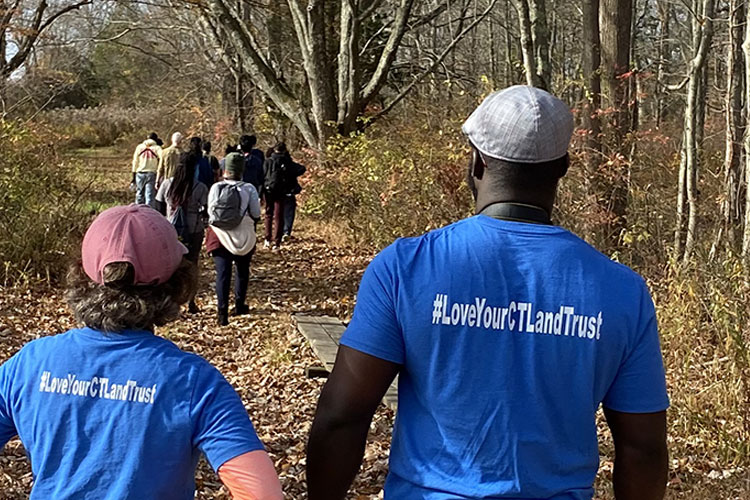Resource Library
Remote Monitoring Toolkit Webinar (Recording from the Land Trust Alliance, 3/7/24)
The Power Of Educational Partnerships To Enhance Bird Data On Land Trust Properties Presentation
- CLCC Resource 1 Quick Link Guide Tools & Resources (PDF version | Google Slides version)
- CLCC Resource 2 KLT Merlin Audio Recordings (PDF version | Google Slides version)
- CLCC Resource 3 Merlin Bird ID App (PDF version | Google Slides version)
- CLCC Resource 4 EBird Tutorial 2 (PDF version | Google Slides version)
2/13/24 – During our Summit on Land Use in Connecticut, many programs and funding opportunities were discussed as they became relevant to the conservation. These resources from each department provide opportunities for groups and individuals to achieve the goals of different land use projects. Programs mentioned include grant programs, tax credits, and strategic plans being made to help reach a diverse set of land use goals in the state. Also included are links to all panelist’s organizations and recordings from the full-day event.
CIRCA has published a new factsheet on the important role Conservation Commissions have integrating climate change resilience into local decision-making processes.
